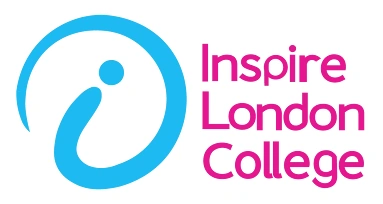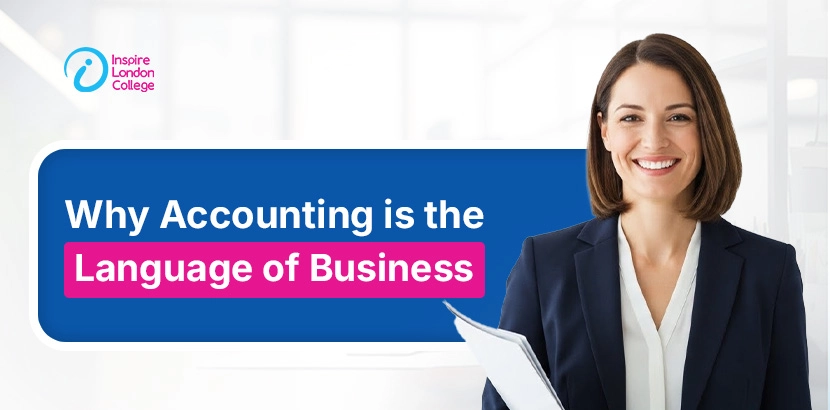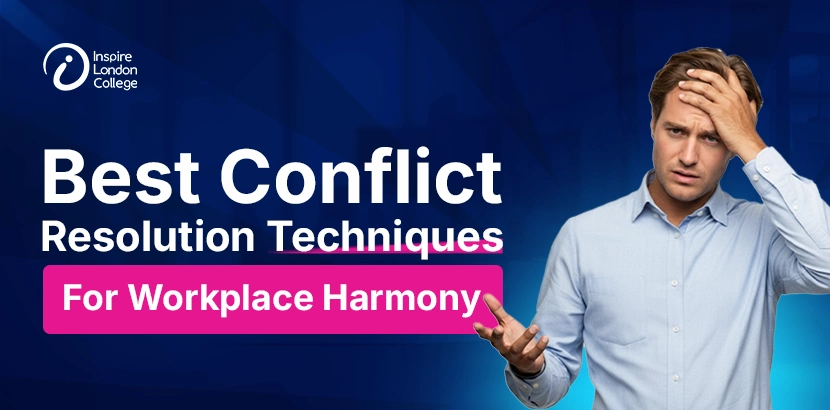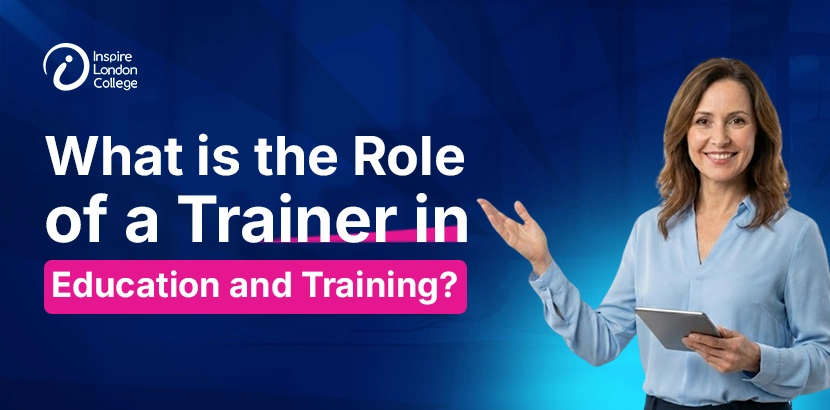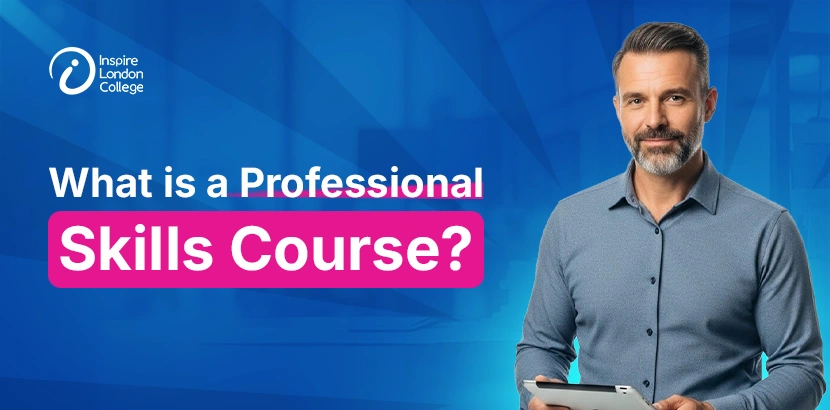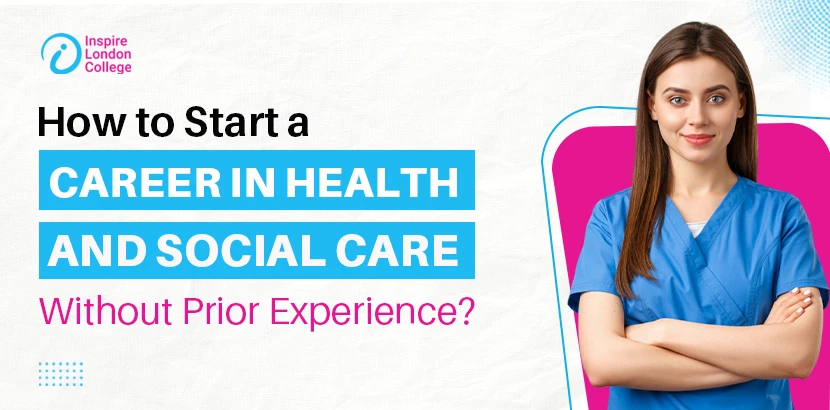Looking for the best way to build your professional qualifications? If yes, before you move up, you must know what professional qualification is and why it is crucial in your professional career.
What is Professional Qualification?
A professional qualification is a qualification that is recognised by the relevant professional body in your field. It means a formal qualification designed to develop the skills and knowledge required for a particular profession.
There are many professional qualifications, from short courses and certificates to diplomas and degrees. The type of professional qualification you will need will depend on the profession you are interested in pursuing. For example, if you want to become a Chartered Accountant, you must complete a professional accountancy qualification such as the ACA or ACCA.
Professional qualifications can be studied full-time, part-time or via distance learning, so there is plenty of flexibility to fit them around your other commitments. Many professional qualifications also offer the opportunity to gain work experience through placements or internships, which can be an invaluable way of developing your skills and knowledge in a real-world environment.
Before diving into different course offerings, it’s essential to consider some important considerations when deciding what professional qualifications you should pursue:
-
Assess Your Current Skillset:
Take stock of where you currently are in your skillset and determine if any qualifications or courses could help you improve in certain areas. This could include things like coding languages or digital design.
-
Consider Your Interests:
Think about what type of job would make you excited to get out of bed every day and look for qualifications related to those interests. You may find practical courses or online courses that teach the technical skills needed for a career and more theoretical lectures that provide insight into the modern workplace.
-
Choose Industry-Specific Certifications
Depending on the industry you want to work in, specific licenses or certifications may be required for working with clients, partners, or vendors within that industry. Do research online so you can start working towards obtaining those credentials to give yourself an edge when applying for jobs within the desired field.
-
Get Expert Advice From Colleagues
Talk to experienced professionals already employed in positions similar to what you’re aiming for, then ask them what qualifications they have and why they chose them over others on offer. This will help inform your decisions and point you in the right direction as far as which professional qualification will benefit most from pursuing
-
Apply For Funding To Help Pay Fees
Once you have found the right program(s) and know how they fit into your long-term plans, explore potential funding opportunities so you can reduce the costs of pursuing those qualification courses. Both public and private institutions offer grants, scholarships, and other programs designed to support people interested in becoming certified professionals in their chosen fields of study.
By following these considerations when selecting which professional qualifications to pursue, you’ll get a higher quality education tailored to meet your individual learning needs and optimise chances of successfully finding employment in the future role or speciality area of interest/expertise.
Types of Professional Qualifications
Professional qualifications in the UK can make a significant difference to your career. In an ever-changing world, these qualifications show employers that you possess the required expertise and are also up to date with the latest trends and developments – making them invaluable for many established career paths.
Professional qualification refers to advanced career training in a particular industry or role. For example, an accountant may complete a professional program to become a successful Chartered Accountant. Other professions may require professional qualifications, such as becoming a lawyer, a Chartered Financial Analyst, or a surgeon. Different fields may require professional qualifications to earn a competitive position or join a professional society.
A learner can earn a professional qualification by completing all lectures of their courses and vocation or job training. To demonstrate their knowledge, they take an exam at the end of the program. Depending on the career field and type of qualification, these programs will vary in length and requirements. Professional Qualifications usually take between one and five years to complete.
Several types of professional qualifications are available in the UK, allowing potential candidates to tailor their learning to their specific needs. It can be grouped into four categories:
- Chartered status,
- Academic certifications,
- Vocational awards, and
- Specialist designations
Let’s take a closer look at each type separately:
Chartered Status
Professional bodies award chartered status in highly regulated industries such as Accounting Finance, and Business Management. Qualified professionals must complete examinations and training and prove they have adequate experience working within their field over a number of years (typically three) before being granted chartered status. It recognises individuals who possess superior knowledge, experience, and skill within their industry and shows employers that they adhere to standards set out by professional bodies.
Academic Certifications
Academic certifications provide specialised knowledge for particular disciplines and general background information about other topics related to their chosen field of study. Typically, degree programs will include some form of academic certification culminating with an exam or assessment at the end of a semester or yearlong coursework. Academic certifications are often the first step towards gaining more focused or extensive certifications or diplomas related directly to your profession.
Vocational Awards
Vocational awards give accessible qualification formats; they support entry-level positions in sectors like hospitality, retail, and customer service by providing certificated evidence based on skills people use daily in an employer setting; this might include communication skills, customer handling techniques etc. Vocational certificates generally involve theory work combined with a practical application allowing you to learn on the job so that you can demonstrate your skillsets faster than via traditional learning routes.
Specialist Designations
The Specialist Designation Professional qualifications are mainly found within the financial services sector, where particular vocations require more specific qualifications beyond just entry-level roles after achieving qualification through the Association of Chartered Certified Accountants (ACCA); For example, an individual may qualify for further designations including titles such as Chartered Tax Adviser (CTA). Specialist Designation professionals must stay ahead in terms of topical knowledge pertaining to relevant regulations put forward by law firms or governments, which requires regular updating examinations throughout one’s career journey; this ensures those individuals remain current on what’s happening throughout their industries worldwide.
Professional Qualifications in the UK:
There are a number of professional qualifications that you could do in the UK, depending on your chosen career path. Here are some of the most popular options:
A Levels:
These are the traditional academic qualifications taken at school or college and are required for many university courses.
BTECs:
BTECs (Business and Technology Education Council) are vocational qualifications that can be taken alongside A Levels or as an alternative to them. They are widely respected by employers and can lead to successful careers in various fields.
NVQs:
NVQs (National Vocational Qualifications) are work-based qualifications that assess your ability to do a particular job or role. They can be very beneficial in helping you to get into specific careers or progress within your current job.
Foundation Degrees:
Foundation degrees are two-year courses that combine academic study with work experience. They often lead to complete degree programmes or other professional qualifications such as health & social care, education & training, Business Management, Accounting, and Finance, etc.
Degree Apprenticeships:
Degree apprenticeships allow you to earn a salary while studying for a full university degree. These programmes last for four or five years and lead directly to employment in your chosen field. For example, you could attend university one or two days a week or at shorter intervals. Overall, you spend about 20% of your time studying and 80% of your working time. Degree apprenticeships work differently across the UK. Currently, more degree apprenticeship options are available in England than in Wales. Whereas in Scotland, the degree apprenticeship is known as Graduate Apprenticeship. North Ireland offers a higher level of degree that offers you qualifications up to level 7, equivalent to a master’s degree. However, most are at Level 5, equivalent to a foundation degree.
List of professional qualifications in the UK
There are a number of professional qualifications that you could do in the UK, depending on your chosen career path. Here are some of the most popular options:
Top 10 Professional Courses:
- Chartered Financial Analyst (CFA)
- Chartered Accountancy (ACA/ACCA)
- Project Management Professional (PMP)
- Chartered Institute of Management Accountants (CIMA)
- Chartered Institute of Marketing (CIM)
- Chartered Institute of Personnel and Development (CIPD)
- Chartered Institute of Procurement and Supply (CIPS)
- Chartered Institute of Public Finance and Accountancy (CIPFA)
- Chartered Institute of Management (CIM)
- Chartered Institute of Taxation (CIOT)
Chartered Financial Analyst (CFA):
This globally recognised professional course is ideal for those looking to work in finance and investment management. It covers investment tools, portfolio management, and financial analysis.
Chartered Accountancy (ACA/ACCA):
Both ACA and ACCA are leading professional courses for those pursuing a career in accounting and finance. They provide a comprehensive education in financial reporting, auditing, and tax.
Project Management Professional (PMP):
This course is ideal for those looking to work in project management. It covers project planning, execution, monitoring, and control.
Chartered Institute of Management Accountants (CIMA):
This professional course is designed for those looking to work in management accounting and finance. It covers financial management, business strategy, and performance management.
Chartered Institute of Marketing (CIM):
This professional course is ideal for those looking to work in marketing and advertising. It covers consumer behaviour, market research, and digital marketing.
Chartered Institute of Personnel and Development (CIPD):
This professional course is ideal for those looking to work in human resources and personnel management. It covers employee relations, talent management, and diversity and inclusion.
Chartered Institute of Procurement and Supply (CIPS):
This professional course is ideal for those looking to work in procurement and supply chain management. It covers topics such as sourcing strategies, contract management, and logistics.
Chartered Institute of Public Finance and Accountancy (CIPFA):
This professional course is ideal for those looking to work in public finance and accounting. It covers topics such as budgeting, financial management, and governance.
Chartered Institute of Management (CIM):
This professional course is ideal for those looking to work in management and leadership. It covers topics such as strategic management, change management, and leadership.
Chartered Institute of Taxation (CIOT):
This professional course is ideal for those looking to work in tax and financial advising. It covers topics such as tax laws, compliance, and regulations.
These qualifications will give you the skills and knowledge needed to excel in your chosen field. With so many different options available, choosing the one that is right for you and your career goals is essential.
What professional qualifications should I do?
As you move through your career, you will want to keep up with the latest industry trends and best practices. Professional development helps you stay sharp and improve your skillset. It can also make you more attractive to employers and help you advance your career. But what professional development qualifications should you pursue?
There are many professional development qualifications, and the best one for you will depend on your career goals.
- If you want to move into management, for example, a business management or leadership & Management qualification would be beneficial.
- If you want to become an expert in your field, pursuing a specialist qualification could help you stand out.
- To become a health and social care specialist or to pursue a career in this field, Level 3 Health and Social Care (RQF) is the prerequisite qualification; levels 4, 5, and 6 Diploma in Health and Social Care is equivalent to BSc (Hons); however, if you are already employed within the Healthcare sector and want to advance in your career, Level 7 Health and Social Care (RQF) equivalent to MBA Top Up can help you make yourself stand out from the competition.
Whatever route you take, ensure that the professional development qualification is relevant to your career and will help you achieve your long-term goals. And don’t forget to keep up with your continuing professional development (CPD), too – this is essential for keeping your skills current and maintaining your professional status.
How to get a qualification certificate?
There are a few ways to get a qualification certificate.
- The 1st way is to attend an accredited institution and successfully complete their program.
- The 2nd way is to challenge the credential by either writing or taking an exam.
- The 3rd way is to have your work experience and/or education reviewed by an independent body to assess whether you meet the requirements for the credential.
Each method has its own requirements, so be sure to research which would be best for you.
What qualification should I do that is most trendy?
There is no definitive answer regarding the trendiest professional qualification to do. However, there are a few qualifications that are popular among professionals. One such qualification is the Certified Public Accountant (CPA) designation. This credential is well-respected and can open doors to many different career paths. Becoming a CPA requires passing an exam and meeting other requirements, such as completing a certain amount of college coursework in accounting. Other popular professional qualifications include the Chartered Financial Analyst (CFA) designation and the Certified Management Consultant (CMC) credential. These credentials can also lead to rewarding careers in a variety of industries.
Conclusion
There is no one-size-fits-all answer to this question, as the best professional qualifications for you will depend on your individual circumstances and career goals. However, researching the different options available can help you make an informed decision about which qualifications will be most beneficial for you.
Some things to consider when choosing professional qualifications include the following:
– The level of qualification required for your desired career.
– The specific skills and knowledge that the qualification will teach you.
– The qualification cost and whether you can study part-time or full-time.
– The time commitment required to complete the qualification.
If you are still unsure about which professional qualifications to do, then it is a good idea to speak to a career advisor who can help you to access the options that make the best decision for your future.

